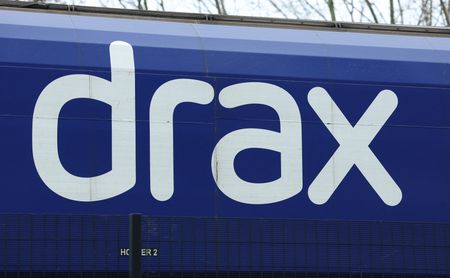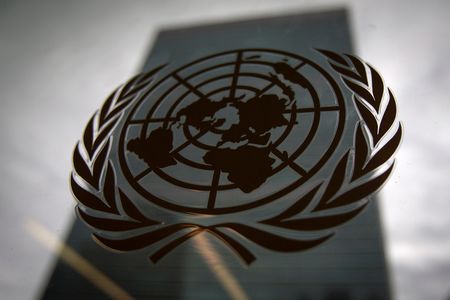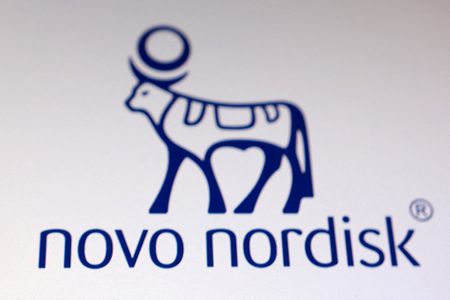FRANKFURT (Reuters) – Euro zone inflation accelerated in December, an unwelcome but anticipated blip that is unlikely to derail further interest rate cuts from the European Central Bank.
Inflation in the 20 nations sharing the euro picked up to 2.4% last month from 2.2% in November, Eurostat said on Tuesday, in line with expectations in a Reuters poll of economists, lifted by more expensive energy and stubbornly high services costs.
Inflation has been oscillating just above the ECB’s 2% target recently and data over the next few months could remain choppy but the overall trend is expected to point downwards with the ECB’s goal likely to be hit sometime in the second half of the year.
The central bank cut interest rates four times last year and said its target is now within sight, so more policy easing is coming, even if the speed and timing remains subject to debate.
Underlying inflation, a valuable indicator of the durability of price growth, remained sticky, possibly fuelling calls for the ECB to exercise caution in removing policy restriction over the coming months.
Price growth excluding volatile food and energy held at 2.7% and the closely watched services component, the single biggest item in the consumer price basket, accelerated to 4.0% from 3.9%.
Adding to the case for caution, a separate consumer survey from the ECB showed both near and medium-term inflation expectations rising, with figures three years ahead seen at 2.4%, well above the previous survey’s 2.1% and the ECB’s own target.
December’s inflation jump, anticipated by markets after data out of Spain and Germany foreshadowed the trend, is not overriding near term rate cut bets for now and investors still fully price in a further reduction on Jan 30.
But a cut at every meeting through June is no longer fully expected, with investors seeing a 50% chance that the ECB will skip a meeting sometime in the first half. The 3% deposit rate is then seen hitting 2% by the end of the year.
One reason for the more cautious market pricing is the dollar’s recent strength which is making imports of key commodities more expensive, quickly feeding through to prices via more expensive energy, including car fuel.
The dollar could rise even more if the new U.S. administration implements its trade tariff proposals, an impact that is likely to be seen as a one-off and not warranting policy action.
When it comes to fundamental trends, even the most hawkish members of the ECB’s Governing Council appear to agree that inflation is largely under control and the target is within reach.
Economic growth is weak, the labour market is softening and recent wage deals point to a major slowdown in income growth, the single biggest factor for consumer price pressures.
Unemployment in the bloc held at an all-time low of 6.3% in November, separate data showed on Tuesday, but the pace of new hiring has slowed sharply and studies on the labour market suggest that it has been softening for months.
(Reporting by Balazs Koranyi; Editing by Christina Fincher)










